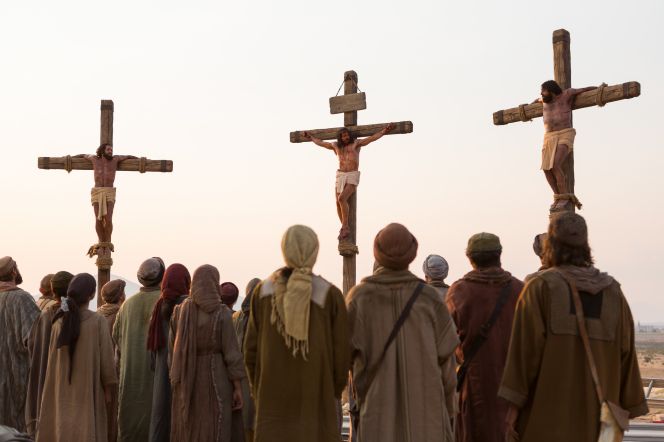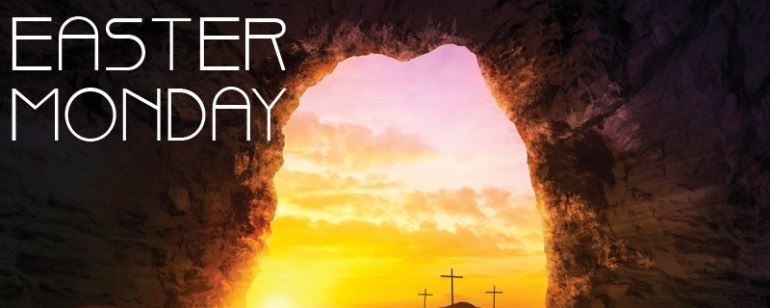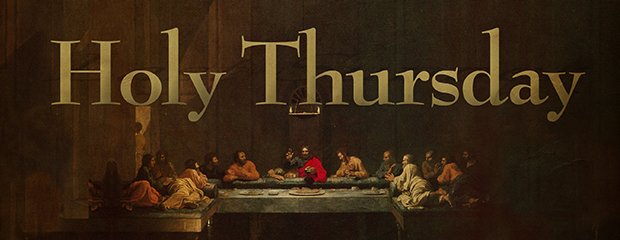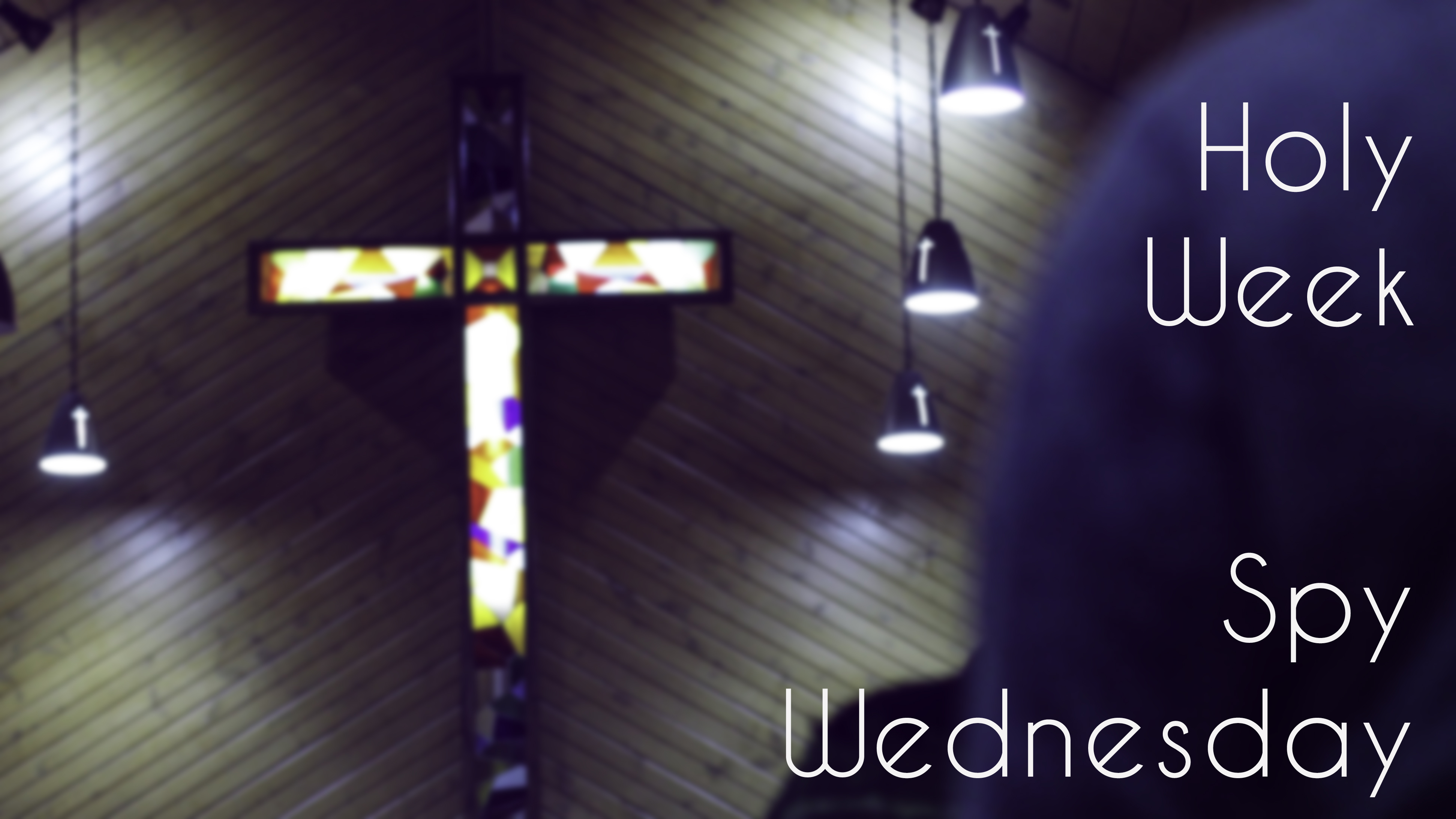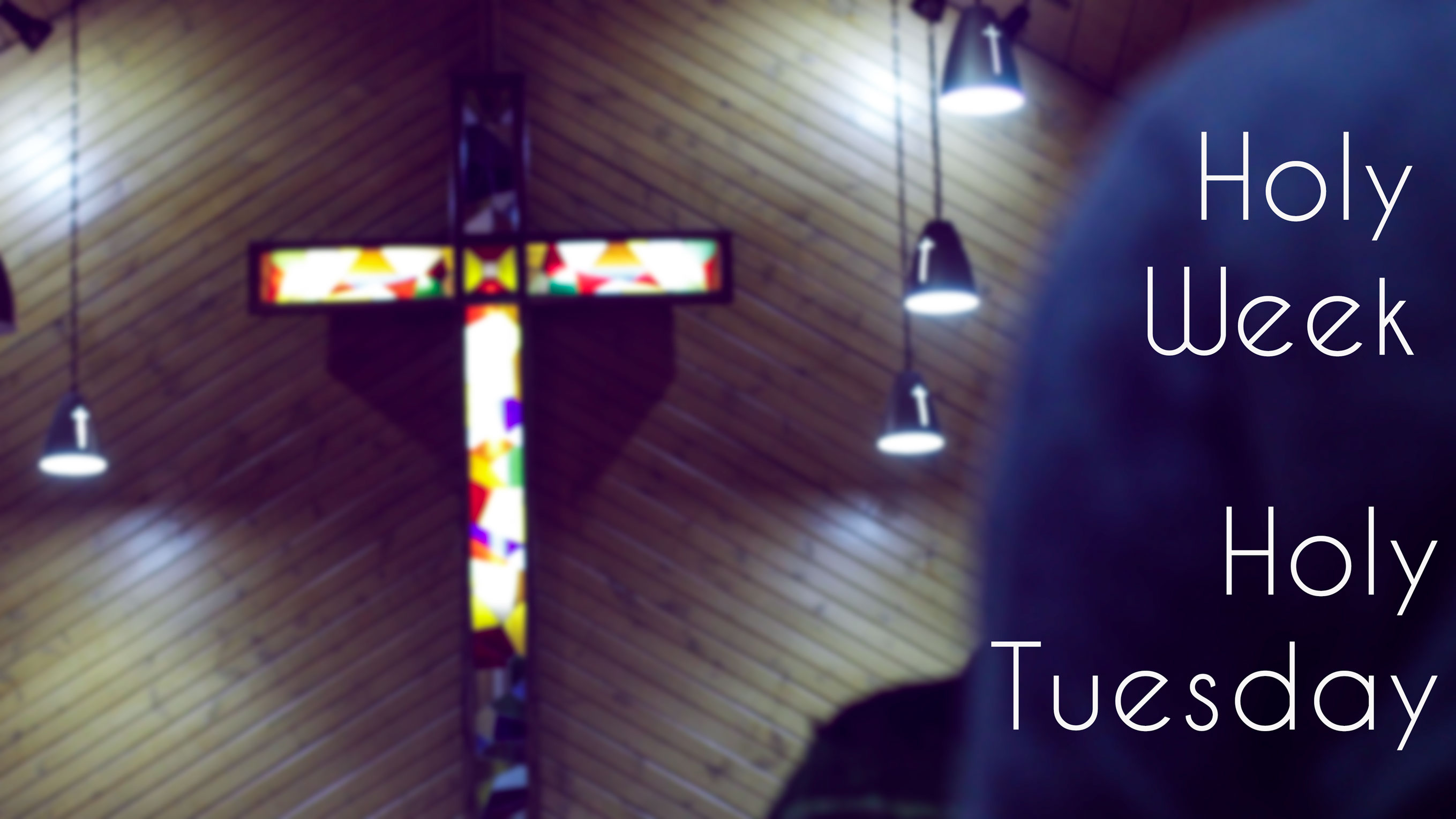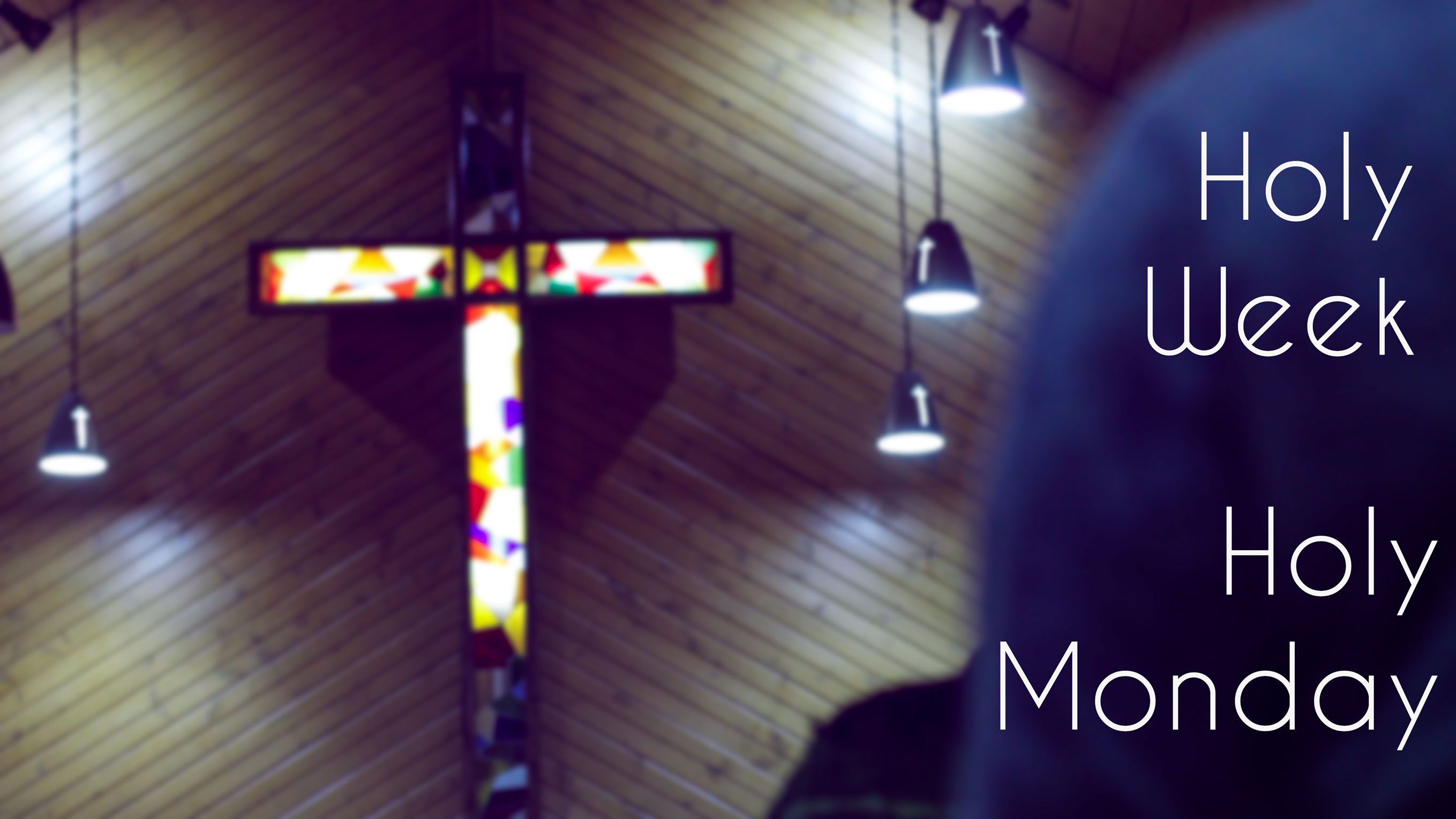Good Friday, is also known as
“Holy Friday.”
It is the Friday immediately
preceding Easter Sunday.
The Friday before Easter is the
most Solemn Day for Christians. It is the day Jesus Christ died on the Cross.
It is celebrated traditionally as the day on which Jesus Christ was Crucified.
The Bible does not instruct
Christians to remember Christ’s death by honouring a certain day. The Bible
does give us freedom in these matters.
However. Romans 14:5 tells us –
“One man considers one day more sacred than another; another man considers
every day alike. Each one should be fully convinced in his own mind.”
Rather than remembering Jesus
Christ’s death on a certain day, once a year, the Bible instructs us to
remember Jesus Christ’s death by observing the Lord’s Supper.
… 1 Corinthians 11:24-26
declares, “… do this in remembrance of me … for whenever you eat this bread
and drink this cup, you proclaim the Lord’s death until He comes.”
Good Friday marks the slaying of
our Jesus Christ – the unblemished Lamb and the Perfect Sacrifice. He took our
guilt and blame upon Himself so we could be with Him in Paradise.
He didn’t carry the cross for weight lifting, neither did He endured
the flogging to marry a Fulani lady nor did He wear the crown to be the next
Oba of Benin – He did it all for you, your family and I.
Why then is Good Friday referred
to as “Good”?
What the Jewish Authorities and
Romans did to Jesus was definitely not good at all in all ramifications (see
Matthew chapters 26 and 27).
However, the results of Jesus
Christ’s death are very Good!
Romans 5:8 says: “But God
demonstrates His own love for us in this: While we were still sinners, Christ
died for us.”
1 Peter 3:18 tells us: “For
Christ died for sins once for all, the righteous for the unrighteous, to bring
you to God. He was put to death in the body but made alive by the Spirit.”
Many Christian Churches celebrate
Good Friday with a subdued Service, usually in the evening, in which Jesus
Christ’s death is remembered with Solemn Hymns, Prayers of Thanksgiving, a
message centered on Jesus Christ’s suffering for our sakes, and Observance of
the Lord’s Supper.
Whether or not Christians choose
to “celebrate” Good Friday, the events of that day should be ever on our minds
because the death of Jesus Christ on the Cross, along with His bodily resurrection
is the paramount event of the Christian Faith.
I pray that His Death and
Resurrection will bring to you, your family and I Salvation and all the Goodies
of Good Life and great living attached to it in Jesus Mighty Name – Amen.
Moses Durodola
CONVENER, DMC
